Critics say pandemic emergency bill tramples privacy rights [2009 Swine flu]

Dejavu
Video: New York Health Care Workers in Revolt California County Declares H1N1 State of Emergency
![be
As
i
{
1!
i)
LAL AL] J oe
EOE aT Te fe
i. PN FR 4](https://contents.bebee.com/users/id/12949473/article/critics-say-pandemic-emergency-bill-tramples-privacy-rights-2009-swine-flu/ce7d866b.jpg)
.
And if YouTube takes it down, it’s HERE:
.
Video: New York Health Care Workers Revolt Over H1N1 Vaccine
![be
As
i
{
1!
i)
LAL AL] J oe
EOE aT Te fe
i. PN FR 4](https://contents.bebee.com/users/id/12949473/article/critics-say-pandemic-emergency-bill-tramples-privacy-rights-2009-swine-flu/07ebc5ba.jpg)
.
And HERE:
.
Video: New York Health Care Workers Revolt Over H1N1 Vaccine
![be
As
i
{
1!
i)
LAL AL] J oe
EOE aT Te fe
i. PN FR 4](https://contents.bebee.com/users/id/12949473/article/critics-say-pandemic-emergency-bill-tramples-privacy-rights-2009-swine-flu/b73c81c3.jpg)
.
PANDEMIC FLU BILL PASSES:S.2028 Sep-4-09 1,000 FINE PER DAY , UP TO 6 MONTHS JAIL
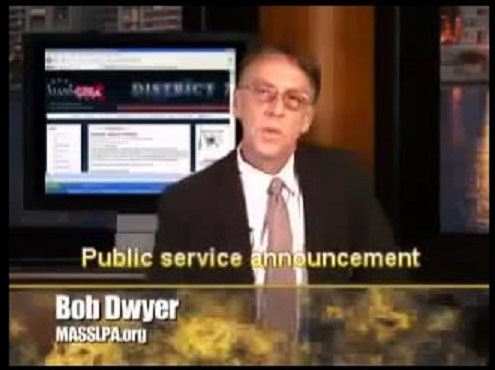
.
And if youtube takes it down, it’s here:
.
Video: PANDEMIC FLU BILL PASSES: S.2028 Sep-4-09 1,000 FINE PER DAY , UP TO 6 MONTHS JAIL
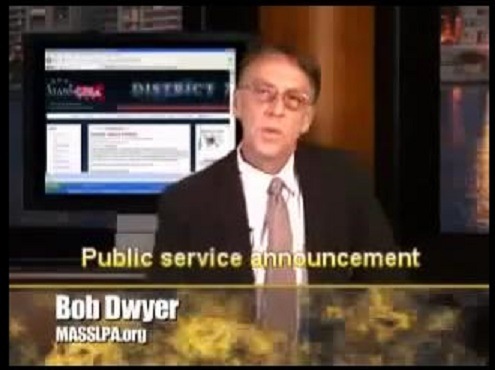
And Here:
Video: PANDEMIC FLU BILL PASSES: S.2028 Sep-4-09 1,000 FINE PER DAY , UP TO 6 MONTHS JAIL
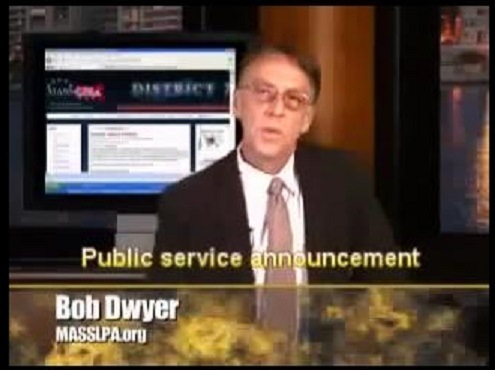
Critics say pandemic emergency bill tramples privacy rights
By Nancy ReardonGateHouse News ServicePosted Sep 28, 2009 @ 11:44 AM
BOSTON —
Mandatory vaccinations, home searches without a warrant and forced quarantine for those who resist.
Critics of a pandemic preparedness bill pending in the Legislature say it would allow all those things and sets the stage for a medical police state where any response to an epidemic of flu or other illness has the potential to steamroll civil liberties.
The bill’s supporters and its sponsor, Sen. Richard Moore, D-Uxbridge, have found themselves in recent weeks defending against attacks from talk show hosts and Internet critics with an anti-Big Government bent. In the category of unlikely bedfellows: the ACLU has joined the opposition.
Moore and other supporters say the bill is largely borrowed from public health laws and court rulings already on the books. They say that rumors and lies have led people to overreact to the legislation, and cite as an example the statement that the bill makes vaccinations mandatory. While he says his own bill doesn’t mandate vaccination, Moore points to a 1905 U.S. Supreme Court ruling in a Massachusetts smallpox case that said states could require people to get vaccinated.
Critics responded that the bill’s language is too broad and vague in many key areas, and that supporters were splitting hairs in defending it. No, vaccination is not mandatory, but people who do not get vaccinated after the governor declares a health emergency can be placed under quarantine, and failure to observe the quarantine can result in arrest.
Senate Bill No. 2028 – An Act Relative to Pandemic and Disaster Preparation and Response in the Commonwealth – passed the Senate by a unanimous vote on April 30 with almost no public notice. It is awaiting debate and vote on the House floor.
Christopher Ott, spokesman for the Massachusetts chapter of the ACLU, which opposes the bill, said, “We feel it’s just a bad idea to legislate out of fear and in a hurry.”
But the bill is not new and not a response to the H1N1 flu.
Moore first filed it about six years ago in response to the threat of anthrax attacks after Sept. 11, 2001. Rewritten versions have passed the Senate three times, but the bill has yet to make it through the legislative process.
The emergency measures outlined in the bill wouldn’t be automatically activated even in a swine flu outbreak, said Jared Cain, a spokesman for Moore.
“The circumstances would have to be pretty grim,” he said, before it became operative.
On Sept. 9, John Auerbach, the state’s commission of public health, wrote a letter to legislators to clarify the matter.
“If the H1N1 pandemic develops … there would be NO NEED (his capitals) for a declaration of the type of public health emergency as envisioned in Senate Bill 2028,” he wrote.
The legislation, he said, is designed for situations on the level of the SARS outbreak or the aftermath of Hurricane Katrina in Louisiana.
But critics point out that the bill itself does not say it wouldn’t be used for any type of flu outbreak regardless of how widespread or deadly it was.
State Sen. Robert Hedlund, R-Weymouth, voted for the bill in April but now says he has changed his mind. When it comes back to the Senate for a final vote, he said he plans to vote against it if no changes are made by the House or a joint conference committee.
“I think it needs to be defined what constitutes a public health threat. That’s very vague,” he said. “A lot of the definitions and criteria have to be firmed up.”
The bill was initially based on the Model State Emergency Health Powers Act completed in December 2001 by the Centers for Law and Public’s Health, a collaboration between Johns Hopkins and Georgetown universities.
According to the center, that model legislation has been introduced in whole or in part in 171 bills in 44 states.
Cain, Moore’s spokesman, said the bill doesn’t include anything not already on the books in Massachusetts. It consolidates many health laws and regulations into one act to outline how the state should deal with public health crises and what the state health commissioner would be empowered to do, he said.
Current laws, Cain said, are very broad on who would be in charge and what would take place.
“There are dozens of public health laws this bill borrows from,” he said. “But it’s all based on Massachusetts General Laws.”
Senate Bill 2028 says that anyone who refuses to get a vaccination recommended by public health officials may be quarantined. It also allows arrest without a warrant or entry into any house or building without a warrant if an officer has probable cause to believe there is a violation of a quarantine.
The prospect of warrantless search and arrest riles critics, who call is an illegal expansion of the state’s existing regulations for quarantine.
Moore’s office says the bill applies to a public health situation the probable cause standard that already allows search and arrest without a warrant in other situations. While the Fourth Amendment of the U.S. Constitution guards against unwarranted searches and seizures, the concept of “exigent circumstances” has developed over time through case law. Emergency situations requiring swift action, the courts have held, may make a warrantless search constitutional if probable cause exists.
Under existing law, a quarantine order cannot be enforced unless the state health department or a local health board applies to a Superior Court judge for an judicial order empowering health authorities to take specific actions.
Ott, of the ACLU, said the organization believes “heavy-handed law enforcement is not the way to go.”
The bill would also empower the state health commissioner to restrict or prohibit public assemblies.
Cain said Moore’s intention was to require people to stay home from work or school, and give the health commissioner authority to close schools.
Critics, however, point out that the bill does specify those limits or intents.
When asked if it would apply to any public meeting, Cain said, “We’re talking about an ebola-type situation. Nobody is going to think about having public meetings if this is the case.”
Related
Canadians willing to suspend liberties in a pandemicSeptember 24, 2009 In "Flu"
Obama’s H1N1 national emergency declaration could invoke FEMA response to pandemic October 27, 2009In "Flu"
Were Swine Flu Death Projections Hyped? November 25, 2009In "Flu"
Tags: Health Freedom, Immunization
This entry was posted on October 1, 2009 at 4:39 am and is filed under Flu, Freedom, Health, Immunization, Liberty. You can follow any responses to this entry through the RSS 2.0 feed. You can leave a response, or trackback from your own site.
Video: H1N1 Martial Law
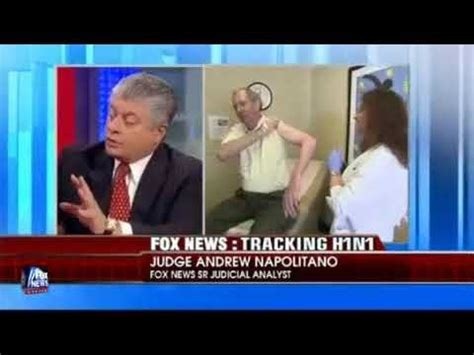
.
Another location is here:
H1N1 Martial Law
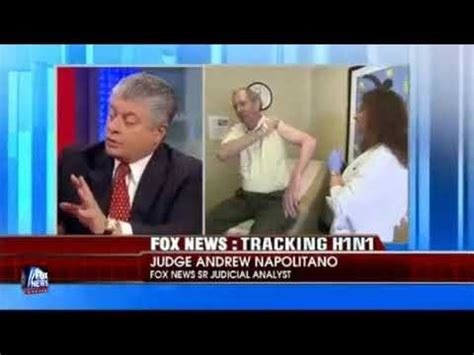
Articles from Joyce 🐝 Bowen Brand Ambassador @ beBee
View blog
Scary thought, ey? · I’ve been on this planet for nearly 70 years and have watched it being done. · ...
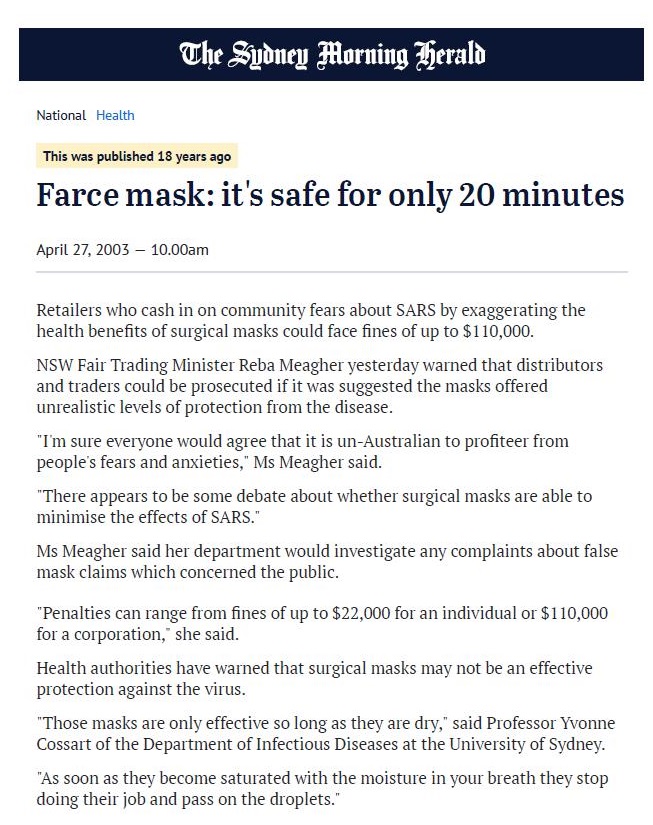
April 27, 2003 — 10.00am · Retailers who cash in on community fears about SARS by exaggerating the h ...

Introduction by Joyce Bowen · There are times you just can’t do it any better than it has already be ...
You may be interested in these jobs
-

Full Time General Surgery
Found in: beBee S2 US - 3 weeks ago
Enterprise Medical Recruiting Central, United States Full timeAn expanding & busy medical group in central South Carolina is seeking a board-certified or board-eligible fellowship-trained Breast Surgeon to work with an established group of oncologists and specialists. Build a program that will provide a comprehensive and multidisciplinary a ...
-

Technician A
Found in: One Red Cent US C2 - 2 days ago
Columbia University New York, United StatesJob Type: Support Staff - Union · Bargaining Unit: SSA · Regular/Temporary: Regular · Hours Per Week: 35 · Salary Range: $43, $43,669.67 · The salary of the finalist selected for this role will be set based on a variety of factors, including but not limited to departmental budget ...
-

Maui Behavioral Health Wildfire Response
Found in: beBee S2 US - 4 weeks ago
realjobshawaii Honolulu, United States Full timeBehavioral Health Administration · Director's Office · Downtown, Oahu · Maui Behavioral Health Wildfire Response (MBHWR) · Lead Evaluator · $5,713 - $6,949 per month, salary commensurate w/ training and experience · Exempt, non-civil service, full-time, temporary appointment. The ...
Comments